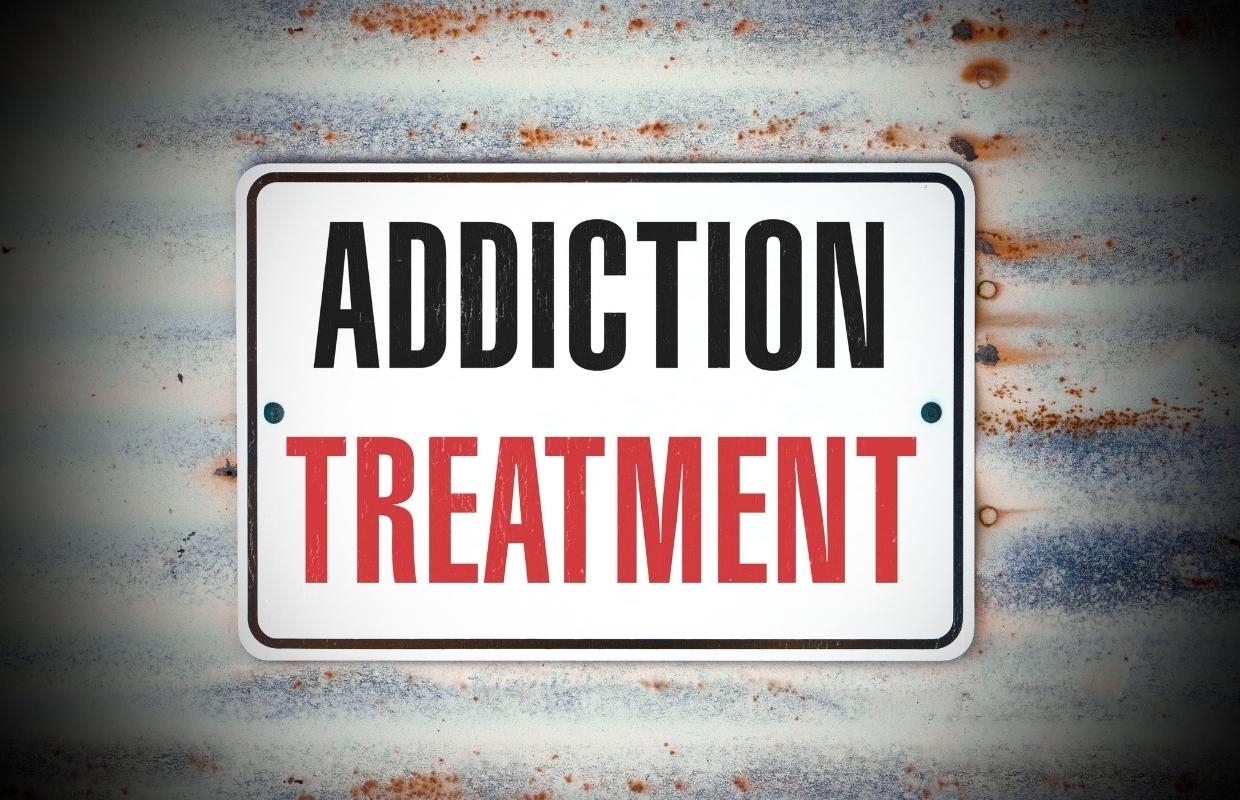The right addiction treatment center can provide resources for various substance dependencies.
Wiki Article
Trick Kind Of Dependency Therapy: Navigating Alcoholism Recovery Through Evidence-Based Practices
In the world of alcohol dependency recuperation, the combination of Cognitive-Behavioral Therapies (CBT) and Medication-Assisted Treatment (MAT) notes a crucial stride in the direction of effectiveness and patient-centered care. CBT offers an organized course to reframe damaging thought patterns, while MAT gives a biochemical footing against the physical tribulations of withdrawal. When these evidence-based techniques are supplemented with all natural techniques, such as mindfulness and nutritional assistance, they create a robust framework for therapy. The journey via these techniques presents special difficulties and outcomes, laying bare the concern of how these treatments concretely intersect to cultivate sustained recuperation.
Comprehending Cognitive-Behavioral Therapies in Alcoholism Recuperation
As alcohol addiction recovery evolves, cognitive-behavioral treatments (CBT) have arised as a foundation in efficient therapy techniques. CBT operates on the concept that maladaptive habits, such as excessive alcohol consumption, are driven by dysfunctional ideas and ideas. Treatment concentrates on identifying these adverse patterns and mentor people exactly how to challenge and change them with more positive thinking. This treatment is not only concerning managing actions yet also improving cognitive processes, which can cause sustained soberness. Procedure normally involve sensible skills training, such as coping strategies for taking care of cravings and tension monitoring techniques. The versatile nature of CBT allows it to be tailored to the special needs of each individual, boosting its effectiveness in the realm of alcohol healing.
The Function of Medication-Assisted Therapy in Taking Care Of Withdrawal and Desires
Medication-assisted treatment (FLOOR COVERING) plays a critical duty in the monitoring of withdrawal signs and symptoms and desires in people recuperating from alcohol addiction. opioid addiction treatment. Such integration sustains the retention in therapy programs and contributes considerably to preventing regression, noting MAT as a keystone of reliable alcohol addiction treatment.
Integrating Alternative Techniques With Standard Treatments for Comprehensive Care
While medication-assisted therapy gives a Medication-Assisted Treatment fundamental technique to alcohol healing, integrating holistic methods with traditional treatments supplies a much more extensive care version. This synthesis makes it possible for the treatment of the whole individual, attending to not only the physical aspects of dependency however also the psychological, psychological, and spiritual dimensions. Strategies such as mindfulness, yoga exercise, and acupuncture complement cognitive-behavioral treatment (CBT) and group sessions, supporting stress and anxiety reduction and emotional law. Nutrition and exercise programs additionally enhance physical health and durability. By combining these varied methods, treatment programs can customize interventions to specific needs, advertising a much more lasting healing. This incorporated method underscores the value of a multifaceted strategy in the effective therapy of alcohol addiction.
Conclusion
In conclusion, reliable alcohol dependency recovery leverages a mix of evidence-based practices. Cognitive-Behavioral Treatments reframe unfavorable reasoning, while Medication-Assisted Treatment tackles the physical difficulties of withdrawal and yearnings.Report this wiki page